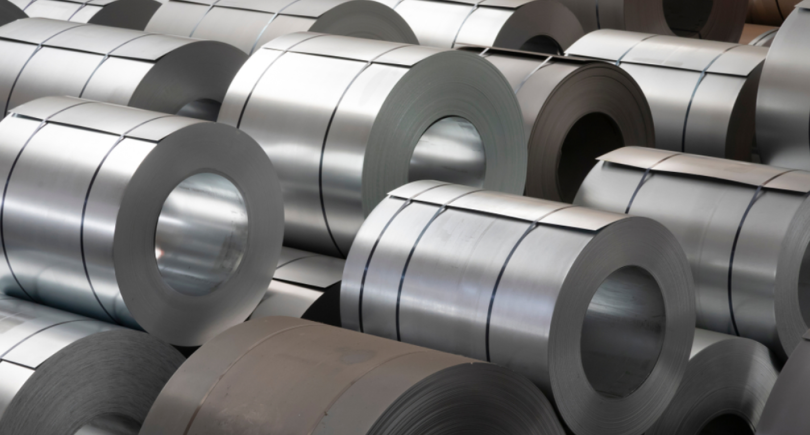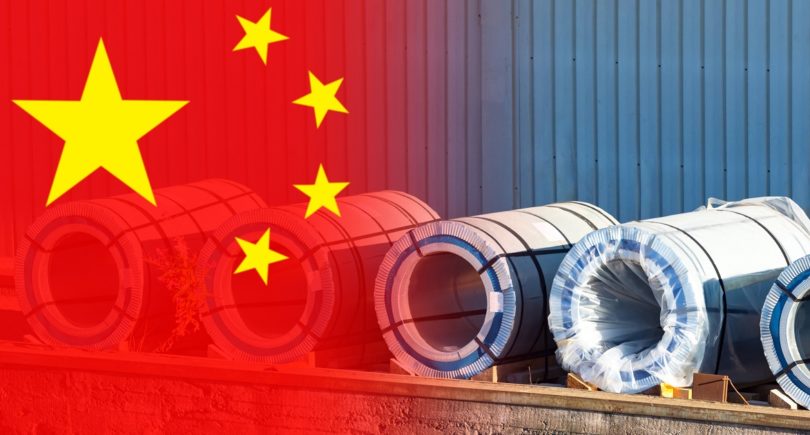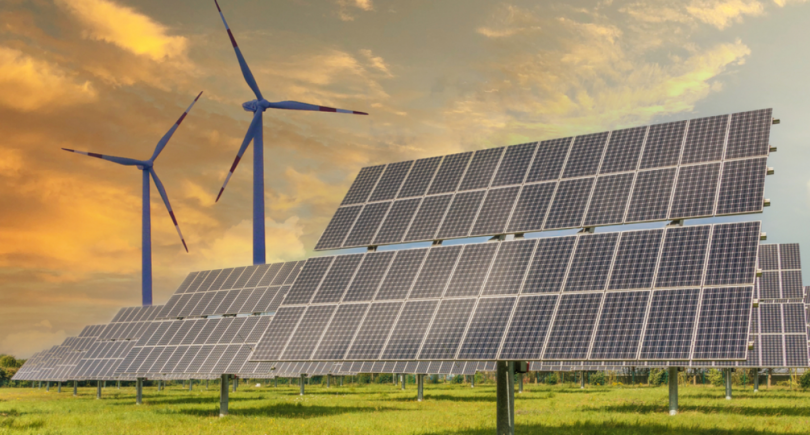
News Global Market CBAM 2178 08 February 2024
New Delhi, together with like-minded countries, intends to insist on limiting EU measures
India is planning to test the European carbon tax on imports (CBAM) at the next meeting of the World Trade Organization (WTO), which will take place in late February. The country intends to claim that it will become a new trade barrier. Reuters reports this with reference to government sources.
According to senior government officials, New Delhi, together with South Africa and other like-minded countries, plans to insist on the requirement to limit the EU’s unilateral measures at the WTO Ministerial Conference to be held in Abu Dhabi.
«Any unilateral measures taken to combat climate change should not be a means of arbitrary or unjustified discrimination or a disguised restriction on world trade,» a government official with knowledge of the WTO discussions told reporters.
Earlier, India decided to file a complaint with the World Trade Organization against the EU’s proposal to impose 20-35 percent tariffs on imports of high-carbon goods such as steel, iron ore and cement under the CBAM, raising the issue with EU officials during bilateral meetings.
The EU said it has carefully designed CBAM to ensure it is compatible with WTO rules, applying the same carbon price to imports as it does to EU producers.
India and China are among several countries that have raised concerns within the World Trade Organization about the CBAM, which is designed to prevent European products from being displaced by cheaper goods from countries with weaker climate regulations.
New Delhi has also opposed EU rules banning imports of products made as a result of deforestation in the country of origin, which is likely to hit Indian exports by billions of dollars.
As GMK Center reported earlier, the regulatory framework of the cross-border carbon adjustment mechanism and safeguard measures on steel imports hinder the daily operations of Italian and European steel companies. This position was expressed by the Italian trade association Assofermet.
As GMK Center reported earlier, companies that had difficulties submitting their first CBA report due to technical issues with the relevant register were given a one-month extension. During the transitional phase, importers had until January 31, 2024, to submit declarations for the fourth quarter of 2023.



